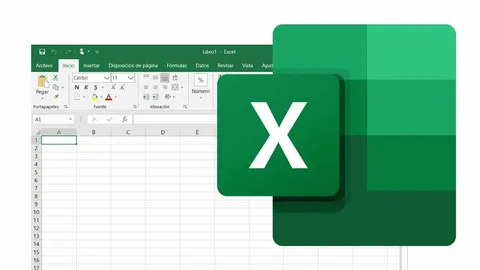Custom software solutions have become a cornerstone for businesses looking to improve efficiency, deliver personalized customer experiences, and gain a competitive edge.
While off-the-shelf applications can cover basic needs, they often fall short of meeting unique business challenges. Tailored business applications solve this by offering precision-built solutions that align perfectly with your processes, goals, and customers.
Here, we explore four key types of customized business applications, their use cases, and real-world examples of businesses leveraging these solutions to transform their operations.
Process Automation
What It Does:
Process automation solutions simplify and streamline routine tasks, eliminating inefficiencies and reducing errors. These tools free your team to focus on strategic activities by automating repetitive processes like data entry, invoice generation, inventory tracking, and compliance reporting.
Use Cases:
- Manufacturing: Automate production scheduling and inventory restocking to reduce downtime.
- Retail: Implement automated order processing and delivery notifications to enhance the customer experience.
- Healthcare: Use automated patient appointment scheduling and follow-up reminders to improve efficiency and reduce no-shows.
Real-World Example:
Amazon has implemented robotic process automation (RPA) in its warehouses to handle tasks such as sorting, packing, and inventory management. This not only boosts efficiency but also allows human workers to focus on more complex tasks like quality control and problem resolution.
System Integrations
What It Does:
System integrations unify your disparate business applications, enabling them to communicate and share data seamlessly. By connecting your tools—such as CRM, ERP, and marketing platforms—you eliminate silos, reduce manual data transfers, and provide a holistic view of operations.
Use Cases:
- Finance: Integrate accounting software with CRM systems to track customer payments and sales trends effortlessly.
- Logistics: Connect inventory management with shipping tools for real-time updates and better supply chain visibility.
- Hospitality: Link booking platforms with in-house systems to manage reservations, guest preferences, and payments seamlessly.
Real-World Example:
Slack, the team collaboration platform, allows integrations with thousands of apps, such as Salesforce, Google Drive, and HubSpot. These integrations create a centralized workspace where businesses can track projects, analyze data, and streamline communication.
Business Dashboards
What It Does:
Custom business dashboards provide real-time insights into your operations through visually engaging and easily digestible metrics. These dashboards consolidate data from multiple sources, giving decision-makers a clear overview of performance and enabling data-driven strategies.
Use Cases:
- Marketing: Monitor campaign performance, website traffic, and lead generation in real time.
- Sales: Track pipeline activity, deal closures, and team performance through intuitive dashboards.
- Operations: Monitor KPIs like production output, resource allocation, and delivery timelines.
Real-World Example:
Netflix uses custom dashboards to monitor user engagement and streaming performance. These dashboards provide instant insights into viewing patterns, allowing the company to make quick decisions on content recommendations, licensing deals, and marketing strategies.
Client Management and Delivery Portals
What It Does:
Client management and delivery portals offer a streamlined and secure way for businesses to interact with customers. These tools enhance the customer experience by providing easy access to services, order tracking, account details, and communication channels.
Use Cases:
- Professional Services: Deliver projects and updates through client portals that enable file sharing and collaboration.
- E-commerce: Offer personalized dashboards where customers can view order history, delivery updates, and returns.
- Healthcare: Create patient portals for appointment management, test results, and secure communication with providers.
Real-World Example:
FedEx provides customers with a delivery portal where they can track shipments, manage returns, and receive proactive notifications. This personalized and transparent experience helps foster trust and satisfaction among clients.
Conclusion
Customized business applications are more than just tools; they’re enablers of transformation. Whether you’re automating workflows, unifying systems, visualizing data, or improving client interactions, tailored software solutions empower your business to operate more efficiently, make smarter decisions, and deliver better customer experiences.
By exploring these types of customized applications and leveraging their benefits, your business can unlock new opportunities for growth, innovation, and long-term success.
Ready to take the next step? A custom solution tailored to your unique needs could be the key to elevating your business to new heights.




